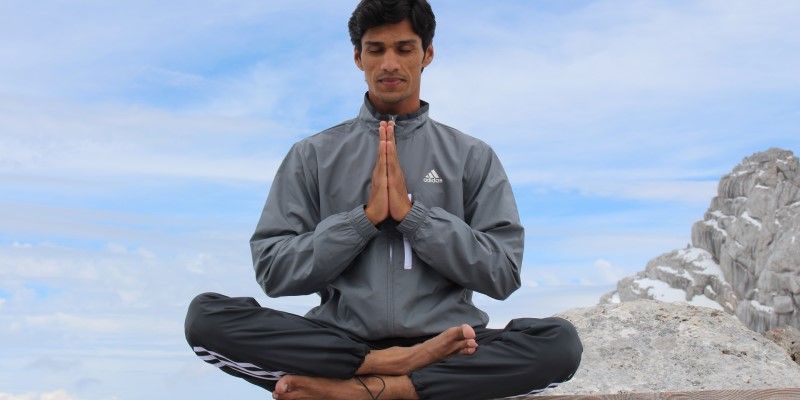Group therapy is a highly effective treatment option for adults struggling with various mental health issues. It provides a supportive and non-judgmental environment where individuals can share their experiences, learn from others, and work towards healing and growth. When it comes to facilitating group therapy sessions, having a variety of activities and exercises at your disposal is essential to keep the sessions engaging and productive. Here are 29 of the best group therapy activities for supporting adults:
1. Icebreaker activities: Start each session with a fun icebreaker activity to help participants feel comfortable and get to know each other.
2. Mindfulness exercises: Incorporate mindfulness techniques to help participants stay present and focus on their thoughts and emotions.
3. Guided meditation: Lead group members through a guided meditation to help them relax and reduce stress.
4. Art therapy: Encourage participants to express themselves through art by providing them with drawing materials or engaging in group art projects.
5. Journaling: Have participants write in a journal during or after each session to reflect on their thoughts and emotions.
6. Gratitude exercises: Foster a sense of gratitude and positivity by having participants share something they are grateful for each session.
7. Role-playing: Use role-playing exercises to help participants practice assertiveness, communication, and conflict resolution skills.
8. Visualization exercises: Guide participants through visualization exercises to help them imagine a positive outcome or work through a challenging situation.
9. Group discussions: Provide prompts for group discussions on various topics related to mental health, relationships, and personal growth.
10. Goal-setting: Have participants set personal goals for themselves and work towards achieving them with the support of the group.
11. Breathing exercises: Teach participants different breathing techniques to help them manage stress and anxiety.
12. Self-care challenges: Assign self-care challenges to participants to encourage them to prioritize their mental health and well-being.
13. Peer support circles: Divide participants into small groups for peer support circles where they can share their experiences, offer advice, and provide emotional support to each other.
14. Problem-solving activities: Present participants with challenging scenarios and have them work together to brainstorm solutions.
15. Coping skills toolbox: Have participants create a coping skills toolbox with strategies and techniques they can use to manage their emotions and stress.
16. Positive affirmations: Incorporate positive affirmations into each session to boost participants’ self-esteem and confidence.
17. Relaxation exercises: Lead participants through relaxation exercises such as progressive muscle relaxation or guided imagery.
18. Letter writing: Have participants write letters to themselves or others as a form of self-expression and reflection.
19. Emotional check-ins: Start each session with an emotional check-in where participants can share how they are feeling and what they need from the group.
20. Boundary setting: Teach participants how to set healthy boundaries in their relationships and practice assertiveness skills.
21. Expressive arts therapy: Explore different forms of expressive arts therapy such as dance, music, or drama to help participants process their emotions.
22. Empathy exercises: Encourage participants to practice empathy by listening actively and offering support to their peers.
23. Values exploration: Have participants identify their core values and discuss how they can align their actions with these values.
24. Gratitude jar: Create a gratitude jar where participants can write down things they are grateful for and read them during challenging times.
25. Guided imagery: Lead participants through guided imagery exercises to help them relax, reduce anxiety, and promote healing.
26. Forgiveness exercises: Foster forgiveness and compassion by guiding participants through exercises to let go of grudges and past hurts.
27. Stress management techniques: Teach participants different stress management techniques such as progressive muscle relaxation, deep breathing, or visualization.
28. Problem-solving skills: Help participants build problem-solving skills by presenting them with challenges and encouraging them to brainstorm solutions as a group.
29. Affirmation circles: End each session with an affirmation circle where participants can share positive affirmations with each other to boost their self-esteem and confidence.
In conclusion, group therapy can be a powerful tool for supporting adults in their mental health journey. By incorporating a variety of activities and exercises into your group therapy sessions, you can help participants build valuable skills, foster connections with others, and work towards healing and growth. Whether you’re a therapist, counselor, or group facilitator, these 29 activities can help make your group therapy sessions engaging, effective, and impactful.



